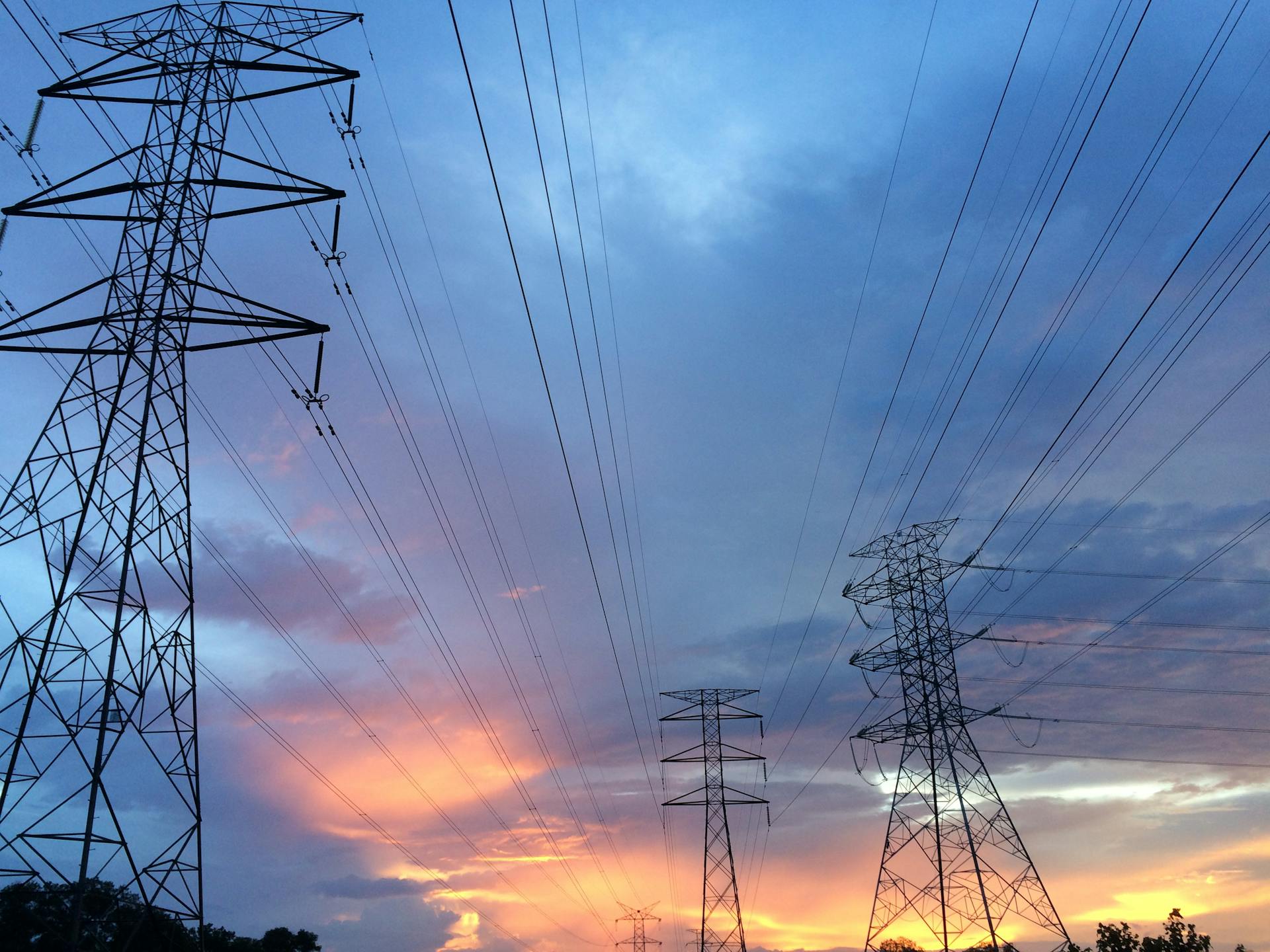The resilience of Cyprus’ electricity system is emerging as a critical priority, according to energy systems expert and former Cyprus Energy Regulatory Authority chairman Andreas Poullikkas.
Speaking on the evolving challenges facing modern power networks, Poullikkas emphasised that traditional notions of reliability are no longer sufficient in an era of climate change and rapid technological development.
“For decades, the primary measure of an electricity system has been its reliability,” he said.
“Reliability refers to the system’s ability to operate without interruptions, ensuring adequacy and safety,” he added. “However, experience has shown that reliability alone is no longer enough.”
Moreover, Poullikkas highlighted the increasing frequency and intensity of natural disasters such as storms, heatwaves, wildfires, and floods, coupled with the rise of cyberattacks, as reasons for a broader approach to safeguarding electricity networks.
“We now need a dynamic framework that emphasises resilience,” he explained.
“Resilience is the system’s ability not only to withstand sudden and severe disruptions but also to prepare proactively, absorb shocks, recover quickly, and adapt using the lessons learned,” he continued.
He described resilience as encompassing the entire cycle of strategic planning, operation, and continuous adaptation.
“It begins with design and extends through operation to ensure the system can meet the conditions of a rapidly changing world,” he said.
What is more, Poullikkas illustrated the concept using the internationally recognised ‘3R’ framework, which stands for Resist, Respond, and Recover.
“These three functions are not separate; they form a continuous cycle,” he explained.
“The first stage, resistance, requires infrastructure that can withstand extreme events, from high winds to floods and even deliberate attacks,” he added.
“The second stage”, he said, “response, involves immediate reaction to minimise damage, maintain critical functions, and use automated mechanisms and backup solutions.”
“Recovery, the third stage, focuses on restoring electricity efficiently and effectively, supported by organised restoration plans, trained personnel, and appropriate tools,” he stated.
He also underscored the economic stakes of failing to enhance resilience. “In the United States, the total annual cost of power outages exceeds 150 billion dollars, with hourly losses for critical infrastructure such as hospitals and data centres reaching tens of thousands of dollars,” he said.
For Cyprus, Poullikkas argued, the challenges are particularly acute due to natural hazards and the island’s isolated electricity system.
“Strengthening our resilience involves developing interconnections, deploying microgrids, increasing energy storage, enhancing cybersecurity, and improving workforce management,” he said.
He referred to a regulatory decision by CERA which aims to redesign the electricity system to be ‘smart’ and bidirectional, allowing greater integration of renewable energy and storage solutions.
“As weather extremes intensify and technological pressures multiply, resilience is not merely a technical priority or an optional measure,” he added.
“It is essential for prosperity, social cohesion, and sustainable development in Cyprus,” he concluded.






Click here to change your cookie preferences